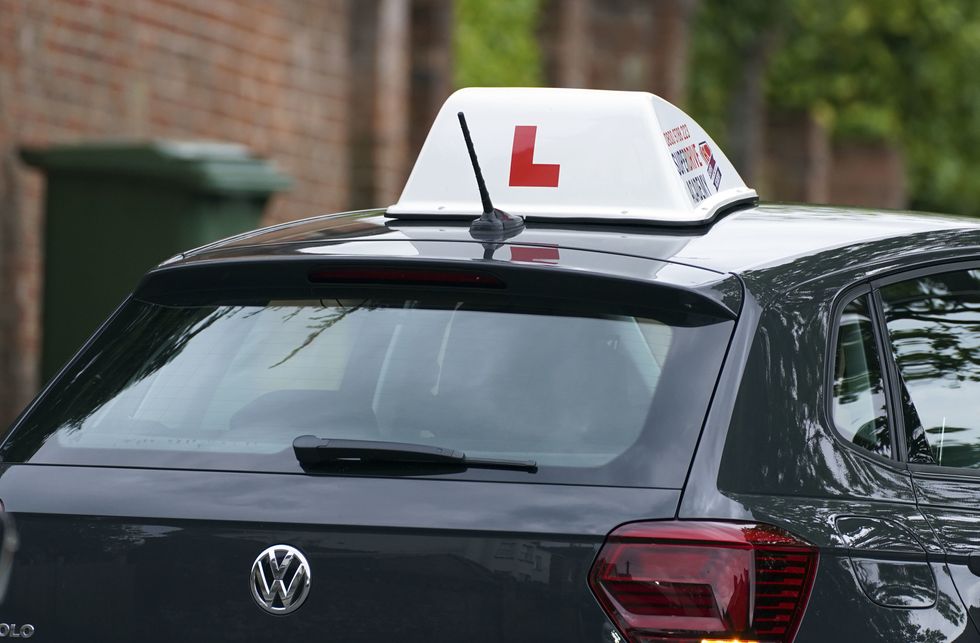



Britain's driving test system has reached a critical point, with more than four in five test centres across the country now showing the maximum possible wait time of 24 weeks.
Fresh data has revealed that 258 test locations throughout Britain have hit this six-month ceiling as of early May, representing 81 per cent of all testing sites nationwide.
This marks a dramatic deterioration from the beginning of the year, when 161 centres were operating at maximum capacity.
The escalating crisis means prospective drivers face delays exceeding five months at the overwhelming majority of test facilities across the nation.
 PA/GETTY | The DVSA has taken steps to crack down on the backlog for driving tests
PA/GETTY | The DVSA has taken steps to crack down on the backlog for driving tests
The typical waiting period across all testing facilities has surged to 22 weeks, a significant increase from 14 weeks recorded in February 2024.
According to the Driver and Vehicle Standards Agency (DVSA), this unprecedented congestion stems from a surge in applications combined with candidates securing their test appointments far in advance of when they previously would have done.
The system is under extraordinary strain, with 122,000 additional future test bookings registered in June compared to the corresponding period twelve months earlier.
This mounting pressure has prompted the National Audit Office to launch an inquiry examining the fundamental reasons behind the booking delays and evaluating the DVSA's strategies to address the growing crisis.
 DVSA/X |
DVSA/X |
The consultation on driving test changes ended on July 23
Transport Secretary Heidi Alexander acknowledged in April that Labour had "inherited an enormous backlog" whilst pledging swift action to address the situation.
Speaking before the Commons Transport Select Committee, she outlined ambitions to slash typical waiting periods to seven weeks by the summer of 2026.
Emma Bush, managing director of AA Driving School, stated: "With the vast majority of driving test centres now showing waits at the maximum the system will allow, the situation cannot get much worse.
"There are signs of recovery though, putting both the industry and learners on tenterhooks for more signs of improvement in the coming months.
"While we would expect these changes to take a few months to show a positive impact, it is still disappointing to see that learners are continuing to face an uphill battle when it comes to booking their driving test."
The Department for Transport recently concluded a public consultation examining potential modifications to the booking process.
Among the proposals under consideration are measures designed to prevent automated systems from bulk-purchasing appointment slots that are subsequently sold at inflated prices through unofficial channels.
These reforms aim to create a fairer system for genuine learners competing for limited test availability.
 PA | The new DVSA reforms aim to reduce the backlog of driving tests
PA | The new DVSA reforms aim to reduce the backlog of driving tests
The Department for Transport has directed the DVSA to provide enhanced overtime compensation to encourage examiners to increase their testing capacity.
Personnel qualified to administer tests are being requested to voluntarily resume frontline duties, whilst the organisation is expanding its permanent examiner training staff twofold.
DVSA chief executive Loveday Ryder emphasised the agency's commitment, saying: "DVSA's goal is to make booking a driving test easier and fairer for learner drivers.
"We're really grateful to everyone who has responded to our recent consultation, including learners, parents and driving instructors. We're now analysing the survey responses."
